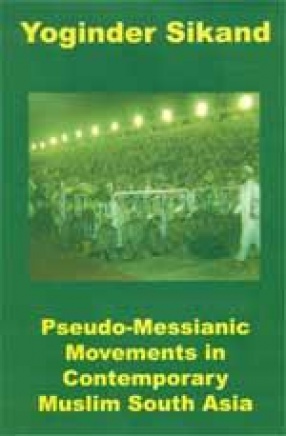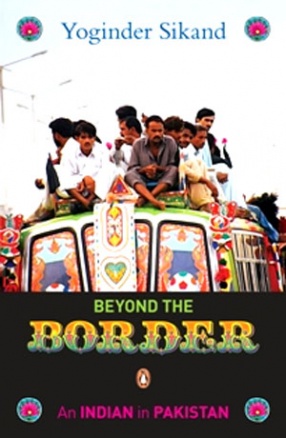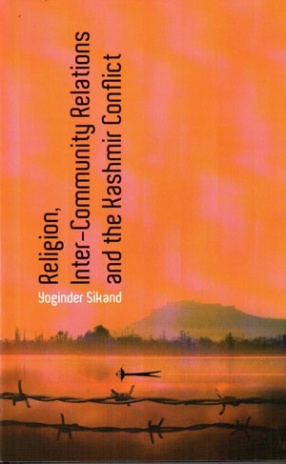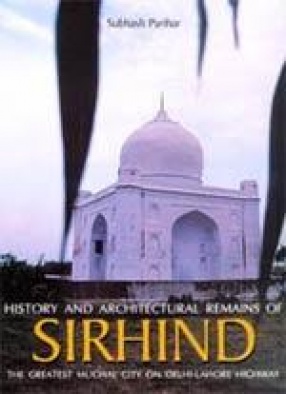Messianic hopes and expectations are common to almost all religions. Jews expect the Messiah to arrive to re-establish their temple in Jerusalem; Christians pray for Jesus to return to earth in his ‘Second Coming’; Hindus believe that Kalki, the tenth and last avatar of Vishnu, would appear just before the end of times; and the advent of the Imam Mahdi, who will usher in the end of the world, is a cardinal tent of the faith of Shia and many Sunni Muslims. The messianic figure that almost all religions expect to arrive some time towards the end of the world is generally portrayed as representing the forces of good, as an agent of God and as eventually vanquishing, in a war of global and cosmic proportions, the forces of evil. Messianic expectations and beliefs are not present in the Qur’an, which, although it speaks of a final Day of Judgment, does not contain any references to a messianic human figure who would herald the end of the world. This figure, however, is referred to on numerous occasions in the form of the Imam Mahdi in the corpus of Hadith, traditions attributed to or claimed to be about the Prophet Muhammad. Almost the entire limited corpus of writings on pseudo-messianic movements in Muslim South Asia consists of historical surveys of such movements in the ‘medieval’ period. On contemporary or near-contemporary such movements almost nothing substantial has been written. It is hoped that this book, by focusing on three such movements that emerged in twentieth century Muslim South Asia and which are still alive, will add to our understanding of pseudo-messianic movements in Muslim environments, in particular, and messianism in general. Given the fact that messianic expectations and claims have now assumed such importance in global politics (the clash between certain Jewish, Christian and Islamic forces in West Asia, each driven by their own messianic visions, being the best example), more intensive studies on the phenomenon and often frightening implications of contemporary messianic movements and trends in all religious environments are called for.
Pseudo-Messianic Movements in Contemporary Muslim South Asia
In stock
Free & Quick Delivery Worldwide
reviews
Bibliographic information
Title
Pseudo-Messianic Movements in Contemporary Muslim South Asia
Author
Edition
1st ed.
Publisher
ISBN
8188869287
Length
137p., Notes; Index; 24cm.
Subjects







There are no reviews yet.